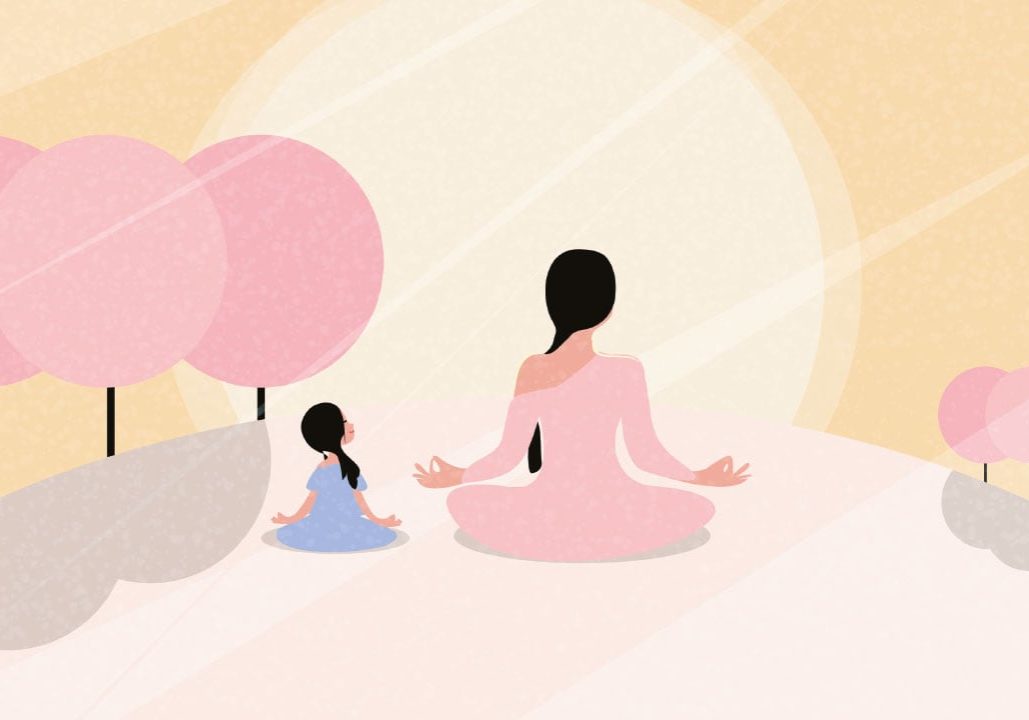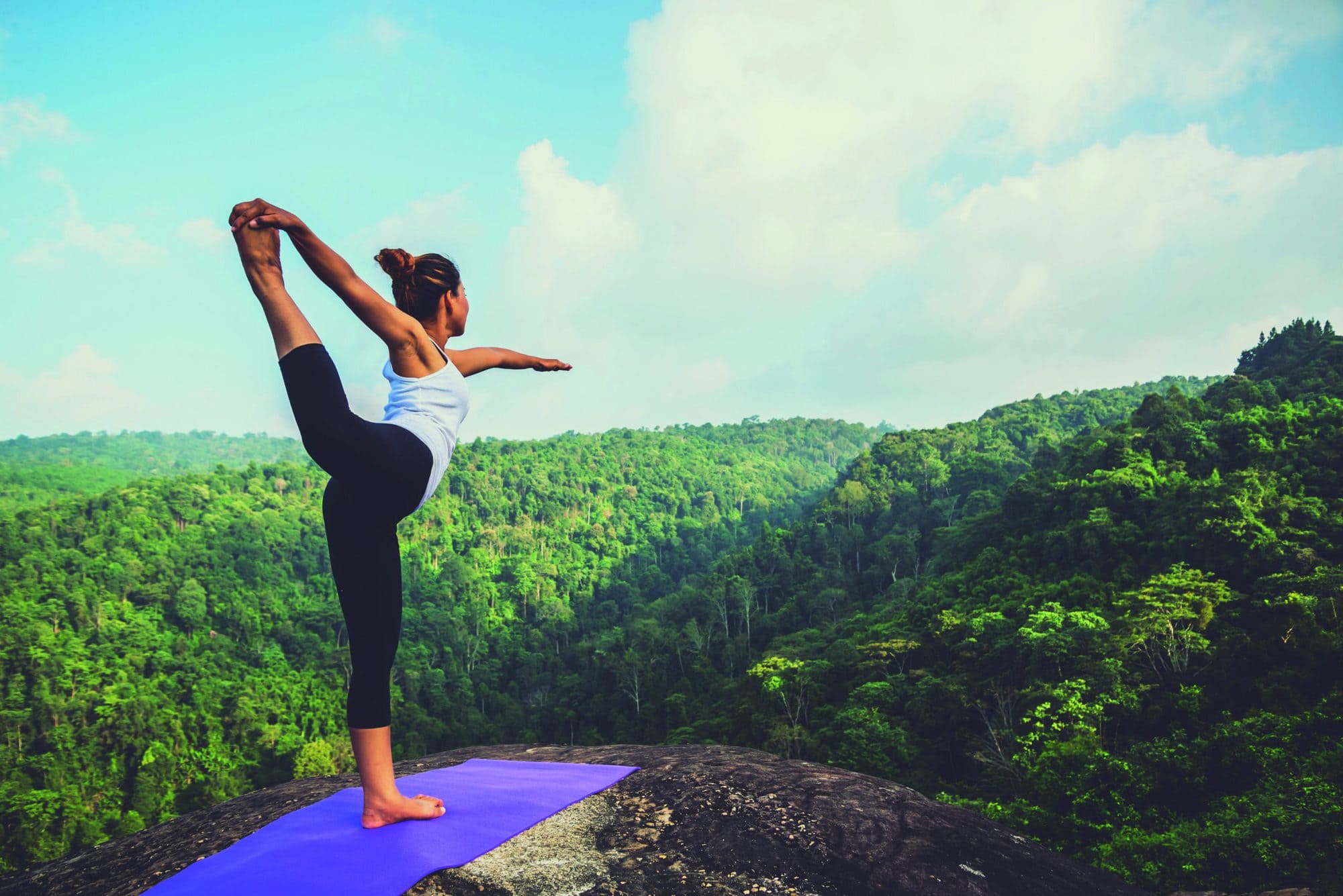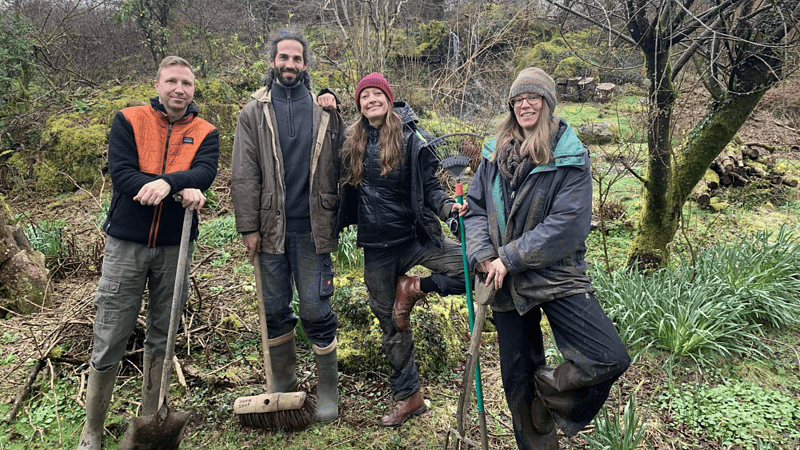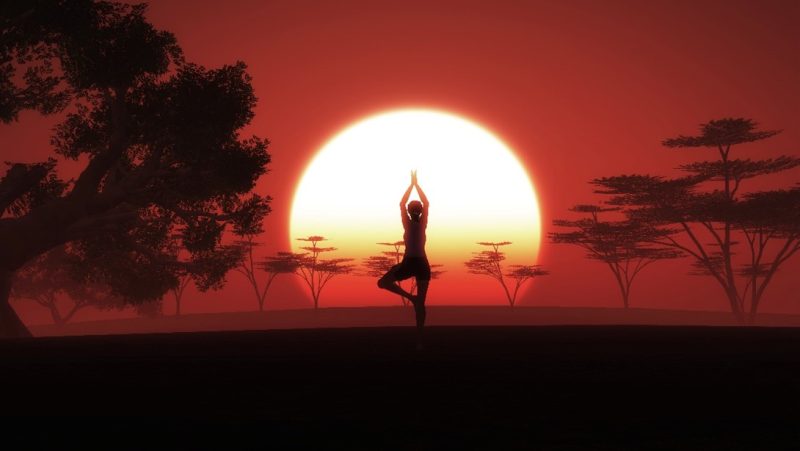
Why we fight
Yoga teaches us that we must seek to make a difference whenever and wherever we have the chance. By Diana O’Reill
The future of our natural world lies in peril, as we all know. But how do we, as yogis respond to this calamity? Practicing yoga brings us awareness of our inter-connectedness with all elements in the universe, but it also brings us a greater understanding of the massive work of saving our world. Many of us will feel terrible grief as we watch species become extinct and societies threatened; the enormity of the task and despair at the loss may feel overwhelming.
As yogis we must ask: What is our role in the current crisis? Do we fight for the wellbeing of our world and, if so how? Or should we become passive believing that the universe will unfold as it should? Do we adhere to non-harming (ahimsa) through inaction?
In looking for our role we can turn to the ancient texts which give their unequivocal answer. As yogis, we fight. As it says in the Bhagavad Gita, ‘Yoga follows the practice of action’ (Mahabharata chp 25, vs 5). Choosing inaction in the hopes of non-harming or contentment is simply deluded. Krishna aptly puts it in Jack Hawley’s translation of the Gita: ‘Not doing the right thing when required is worse than doing the wrong thing.’ Or as Jack Gilbert says in his poem Failing and Flying, ‘Anything worth doing, is worth doing badly’.


Greater clarity on our role can be found as Krishna beautifully describes his supreme purpose – to act for the wellbeing of the world. His action is selfless and as such, we humans take our example from him and act selflessly for the wellbeing of our planet, in adherence to our inner Krishna, our Atma, or True Self.
According to the Gita, there are three vital components to living a life of achievement: to act in devotion to our sva-dharma and True Self; to be active but with no attachment to the fruits of our action; and to show equanimity in the face of success or failure.
We can pick these three apart. The first comes about naturally by our practice of yoga. If yoga is the quest to find and dwell in our True Self, as referred to in Patanjali’s third sutra then as yogis, our actions will be in devotion to that very Self. But our True Self is a small aspect of the Universal Self, or as stated in the Gita, Krishna, or perhaps in this context, Mother Earth. When we act with this devotion and importantly, with the clarity and discernment that yoga brings, then we are on the right path. We need not worry about whether or not our actions are successful. This worry brings attachments and desires that cause us to stray from the path.
Here is an example: I remember offering yoga classes to benefit an environmental charity. I hoped to raise £200 but raised more than twice that. However, on realising how much I raised, it seemed insufficient so even though I was acting selflessly, I desired a certain outcome and was ultimately unsatisfied and discouraged.
To have the stamina and self-preservation to continue to fight this long, long battle for our planet, we need to be both good winners but good losers. Patanjali’s sutra 1.15 describes vairagya or non-attachment that sustains us equally in our successes and defeats. If we desire successes and fear defeat, we’ll shy away from challenging, seemingly insurmountable campaigns. However, it may be these campaigns, even lost, that stimulate others to act. We will never truly know the results of our actions and so it’s best to remain even-minded in our long battle.
Above all, action in devotion to our True Self with discernment and equanimity is our path as yogis and warriors for our planet. However, accepting the battle doesn’t ensure a skilful warrior. For that, you could turn to the small gem of a book called ‘How To Fight’ by Thich Nhat Hanh.


He lays out the path for peaceful, effective communication. After all, if we are to take on passive resistance then communication is our armoury. According to Thich Nhat Hanh, we must begin from a place of self-love in all our aspects.
From that place we can see the humanity in those we’re opposing and we can treat them and ourselves with the same respect. From that starting block, we can pause, breathe, listen and show compassion. Our speech becomes gentle, careful and skilful. This will give space for our opponents to relinquish their defences.
Yoga is incredible in its simplicity. Merely by practicing yoga according to Patanjali’s sutra 1.14, with earnestness, without pause and for a long time, we develop the resources we need to be warriors – gradually, organically and peacefully. Discernment, stamina, non-attachment, strength and compassion are naturally imbibed through our practice. This is beautiful and this is yoga… and we are warriors.
Diana O’Reilly is chair of the British Wheel of Yoga (bwy.org.uk) and a yoga teacher based in Wales. A passionate advocate for environment action, BWY’s Wales Regional Committee adopted a Wales Environmental Statement of Intent under her leadership when she was Regional Officer.







